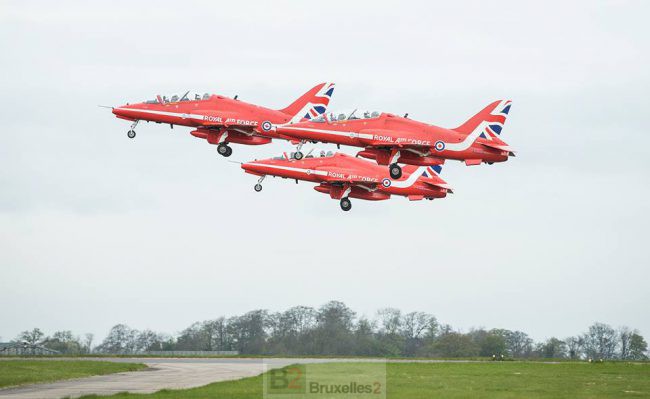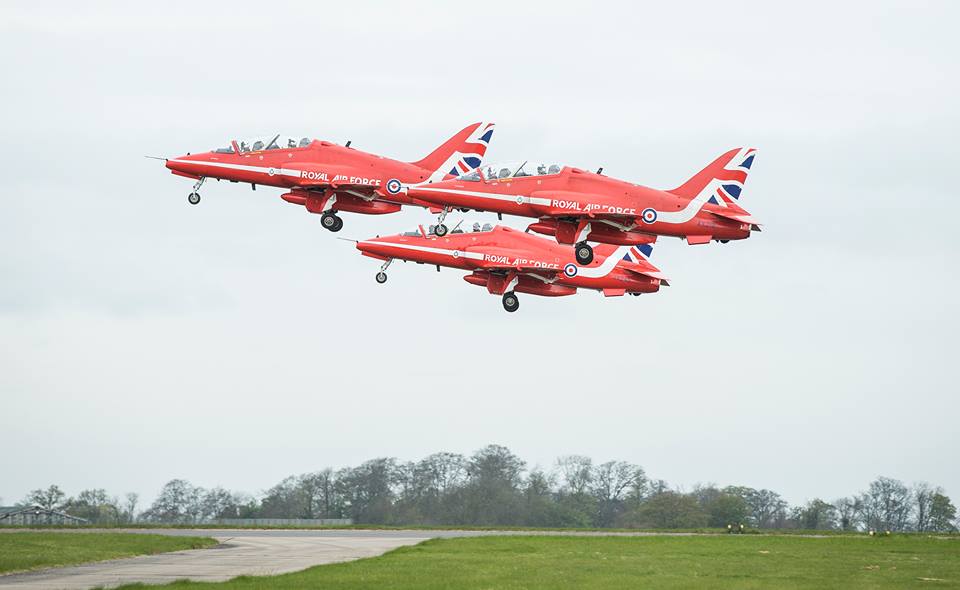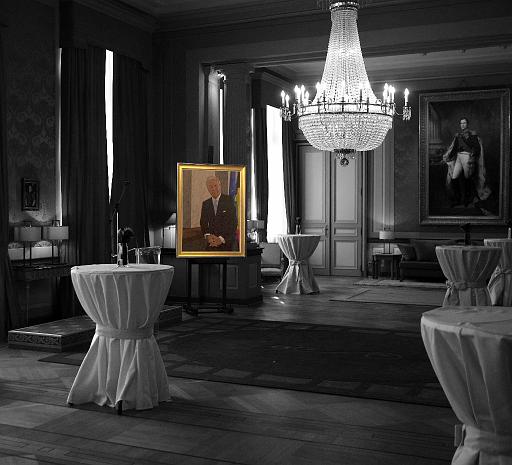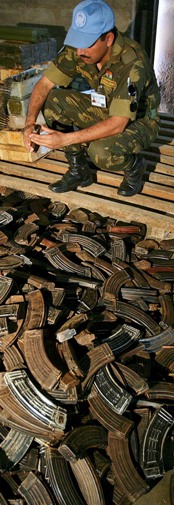Brexit. The blackmail of London. A British-led battlegroup or nothing?

(B2) In an article published in Politico, two reporters from the online newspaper wonder about the possibility of the United Kingdom continuing to lead EU military missions or even having a say in all decisions on the subject of the European Union. A sensible question... But throughout the course of the article, is taken up, to a large extent, an idea very popular in London that, without the United Kingdom, European defense is nothing...
the UK is a military heavyweight that can provide troops, hardware and expertise almost no other European nation can match
And without the possibility left to the United Kingdom to lead European battlegroups (EU Battlegroups) or conduct European military missions, the UK will not participate in anything.
If this proves impossible, it is unlikely Britain will continue to take part in EU military missions in future, according to UK officials
The reasoning seems impeccable. But it is necessary to make a small recall to reality and to put some ideas a little clear. Because, in fact, in terms of objectivity, this position above all reflects the United Kingdom's fear of seeing its potential right of veto vanish, which had an effect that was just as effective, even greater than its very exercise. It overplays its power, playing on the confusion between its (real) military capabilities and their availability to the European Union.
First misconception: let London run a battle group strengthen the defense
The possibility for the United Kingdom to continue to direct (lead) a battle group does not really aim to energize or enable the European Union to equip itself with means of intervention. On the contrary, it consists in depriving Europe of its means. During all the time of activity of these battle groups, London had only one principle in mind when its soldiers were on duty: firstly, they will not leave, secondly, they will not leave under the European flag. The time thus allocated by the British forces during their on-call duty in the European battle groups was reserved either for training and training, or for rest and returning to the family, after or before a period of intense engagement (like Afghanistan). The rare times when the European Union asked the British if they were ready to activate their battle group, the answer was clear: it was "No"! So have a battle group run by British people is tantamount to having no battle group available.
Second misconception: without leadership, the British will not participate in anything
The authors then suggest that if they could not be entrusted with such a direction, the British could refuse to contribute to British operations. It's a campaign argument. But not a reality. If the British have a serious quality, it is their pragmatism. It thus seems almost certain that after the United Kingdom's exit from the Union, if an operation or a mission of the European Union seems interesting to them, the British will participate in it in a symbolic or more significant way, if they consider it useful either for their security, or for their international public image, or quite simply to be inside the mission, to collect information or interesting feedback.
Third misconception: this cooperation could be a model for other cooperation
This is precisely the anti-argument. The Europeans want to avoid setting a precedent. They had thus refused in their time to the Turks who provided the main means of the stabilization operation in Bosnia-Herzegovina, to command the operation. And in all operations involving third countries, they take great care to ensure a certain European line of command without too much interference from third countries. This had all the difficulty as well during the presence of Russian helicopters in Chad in 2008 where the negotiation on the responsible command had lasted several long months (1). So say as a German expert, quoted by the authors that " such an arrangement would send a strong signal that the EU and the UK would continue to work together closely on defense after Brexit and could serve as a model for future cooperation with non-EU countries such as Tunisia, Israel or Turkey is a bit of waving a red rag. Imagining a European operation by the Israelis or the Turks is the surest way to kill any idea of a European stabilization presence and any additional British claims.
Fourth misconception: the Briton is irreplaceable
Apart from maritime operations, the Europeans do not really need the British to carry out their missions and operations carried out under the CSDP. They have done very well so far: in Africa in particular. They will continue to do so in the future. There are a good ten third countries which contribute or have contributed to CSDP missions (Georgia, Serbia, Turkey, Canada, USA, etc.). They will continue to do so. The EU has also just signed a logistical support agreement with the United States in order to be more efficient. The High Representative of the Union, Federica Mogherini, affirmed in May that it is " obvious that once you are no longer a Member State, you can no longer take part in the decisions but you can take part in the operations adding, Britain is “ an important military actor but in question as important a case as the other 27 Member States ».
Fifth misconception: The British are almost the only ones to have a permanent HQ capable of conducting a military operation
It is true that the United Kingdom makes its Northwood HQ (2) available for the Atalanta anti-piracy operation. But the EU has six other permanent HQs that can easily and quickly take over. Rome HQ is already activated and performing. And the French HQs at Mont-Valérien or German HQs at Potsdam can, if necessary, be activated quickly. It is also necessary to count (in addition to that of Larrissa which is very eccentric). In addition, there remains the good old NATO HQ (SHAPE in Mons) which the EU can use within the framework of the Berlin Plus agreements and the mini HQ installed in Brussels (the CPCC) which is just waiting to grow. In short... for lack of British HQ, Europe is spoiled for choice. And without the British, Europe will survive contrary to what the authors of this article seem to insinuate...
(Nicolas Gros-Verheyde)
(1) Operation desired by the British (and the French) and which had led London to make a decisive and strong commitment, according to the number of personnel made available to the European operation: 2 out of 3700 personnel!
(2) With partial funding from the European Union for communications, with the British providing the infrastructure and some staff for the OHQ (as framework nation).




I think the Politico newspaper is right. Europeans say there is a need for European defense but in reality they are not prepared to provide the necessary funds. So after Brexit if the UK would participate it would require conditions.
The problem is that the Politico defended vision is totally idealistic and does not correspond to reality (at least the one followed so far and that Brexit has no reason to change). The UK never intended when it participated in a battlegroup to strengthen European defence… just to block it. When a battlegroup is commanded by a Brit, it's London's decision that counts to make them leave (because it will be the Brits who will pay a good part of the price). To see a UK battlegroup leave under European command and flag, the situation will have to change drastically for it to be so. We must never confuse the British military force (real but which is that of a medium power like that of France) with the British will to finance and put this force at the disposal of the EU (close to 0). The British will always prefer to make this force available to NATO or multinational coalitions